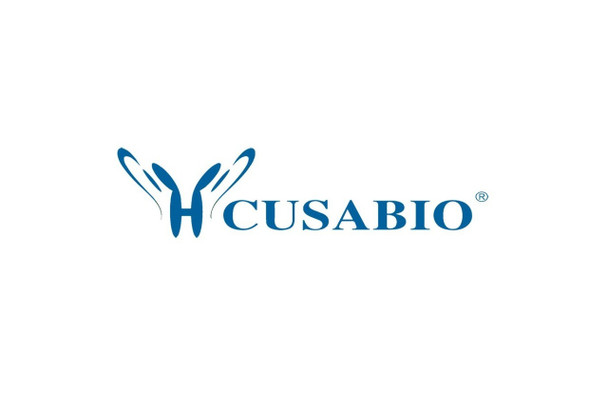Cusabio Polyclonal Antibodies
CD1E Antibody | CSB-PA004893LA01HU
- SKU:
- CSB-PA004893LA01HU
- Availability:
- 3 to 7 Working Days
Description
CD1E Antibody | CSB-PA004893LA01HU | Cusabio
CD1E Antibody is Available at Gentaur Genprice with the fastest delivery.
Online Order Payment is possible or send quotation to info@gentaur.com.
Product Type: Polyclonal Antibody
Target Names: CD1E
Aliases: T-cell surface glycoprotein CD1e, membrane-associated (hCD1e) (R2G1) (CD antigen CD1e) [Cleaved into: T-cell surface glycoprotein CD1e, soluble (sCD1e) ], CD1E
Background: T-cell surface glycoprotein CD1e, soluble binds diacetylated lipids, including phosphatidyl inositides and diacylated sulfoglycolipids, and is required for the presentation of glycolipid antigens on the cell surface. The membrane-associated form is not active.
Isotype: IgG
Conjugate: Non-conjugated
Clonality: Polyclonal
Uniport ID: P15812
Host Species: Rabbit
Species Reactivity: Human
Immunogen: Recombinant Human T-cell surface glycoprotein CD1e, membrane-associated protein (198-294AA)
Immunogen Species: Human
Applications: ELISA, IHC
Tested Applications: ELISA, IHC; Recommended dilution: IHC:1:200-1:500
Purification Method: >95%, Protein G purified
Dilution Ratio1: ELISA:1:2000-1:10000
Dilution Ratio2: IHC:1:200-1:500
Dilution Ratio3:
Dilution Ratio4:
Dilution Ratio5:
Dilution Ratio6:
Buffer: Preservative: 0.03% Proclin 300
Constituents: 50% Glycerol, 0.01M PBS, pH 7.4
Form: Liquid
Storage: Upon receipt, store at -20°C or -80°C. Avoid repeated freeze.
Initial Research Areas: Immunology
Research Areas: Immunology









